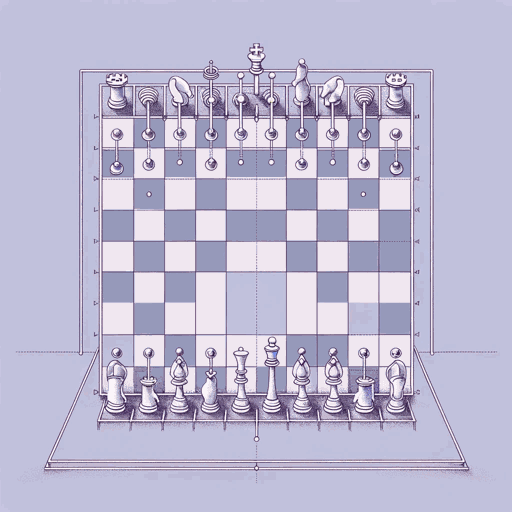65 pages • 2 hours read
Elizabeth CaryThe Tragedy of Mariam
Fiction | Play | Adult | Published in 1613A modern alternative to SparkNotes and CliffsNotes, SuperSummary offers high-quality Study Guides with detailed chapter summaries and analysis of major themes, characters, and more.
Themes
Irony and Human Agency
The Tragedy of Mariam drips with irony from its opening lines through the final words of the Chorus in Act V. Certainly the greatest irony of the play is that the one character who was guiltless of any real offense was the person who ended up being executed, while the instigator of most of the misery says in her final line that she shouldn’t be blamed for anything. There are many other examples of irony, large and small. For instance, it is Salome—the most untrustworthy character in the play—who lectures the new groom Pheroras about the importance of not trusting bright women. The plot writ large also exemplifies dramatic irony; an educated, Christian reader of Cary’s time would know Mariam’s basic story, and would therefore know ahead of time what will happen to the characters, as they themselves do not.
Cary pursues her other themes with irony as well. For example, Alexandra begins the play crowing that she has finally avenged the death of her son at the hands of Herod, thought to be executed in Rome. Instead, before the day is over, she will also lose her daughter to Herod, who is very much alive.

